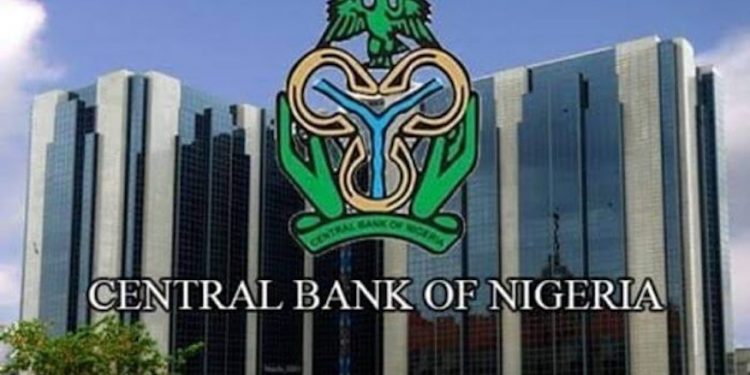The Central Bank of Nigeria (CBN) has temporarily retracted its recently released “Monetary, Credit, Foreign Trade, and Exchange Policy Guidelines for Fiscal Years 2024–2025,” following concerns over possible misinterpretation by the public. The document, originally published on September 17, 2024, has been withdrawn to prevent further misunderstandings among stakeholders.
In a statement posted on its website on Friday, the CBN explained that the withdrawal aims to reduce the risk of confusion after certain media outlets incorrectly reported some of the document’s policies as new directives. Notably, the release was unsigned by any CBN official.
One key misinterpreted policy involves the continuation of the Ways and Means Advances, which were reportedly maintained at a five percent limit for 2024-2025. This conflicted with a National Assembly bill that raised the borrowing limit from five percent to 10 percent. Another point of controversy was the reinstatement of the cybersecurity levy, which had previously been suspended due to public backlash earlier in the year.
The CBN responded to these concerns, clarifying that the guidelines are a compilation of already issued policies and directives effective only until December 31, 2023, and not new measures. According to the bank, some of these policies have since been revised or replaced by newer regulations in 2024.
“The Central Bank of Nigeria has noted instances of misrepresentation regarding the Monetary, Credit, Foreign Trade, and Exchange Policy Guidelines published on September 17, 2024,” the CBN stated. “To avoid further misunderstanding, we have decided to temporarily withdraw the document. We stress that this publication is a compilation of policies issued by the bank up to December 31, 2023.”
The CBN reiterated that the guidelines were designed as a reference tool for stakeholders and that the information within applies only where updates have not been made. The document includes policies still relevant for 2024-2025 unless revised this year.
Furthermore, the bank addressed specific reports that caused confusion, including the cybersecurity levy. “Media publications referring to this guideline have cited outdated policy positions, such as the cybersecurity levy, which was suspended in May 2024,” the CBN explained. The bank also clarified that its analysis linking fuel subsidy removal to external reserves had been misreported.
In conclusion, the CBN advised stakeholders to verify information from the bank before publishing. “The guidelines should be viewed as a historical record of previous policies, not as new directives. The bank will continue to provide clear and updated monetary policy guidance to support the economy,” the statement added.
The withdrawal reflects the CBN’s commitment to ensuring stakeholders have accurate information as it continues to adjust its policies in line with evolving economic conditions.










